
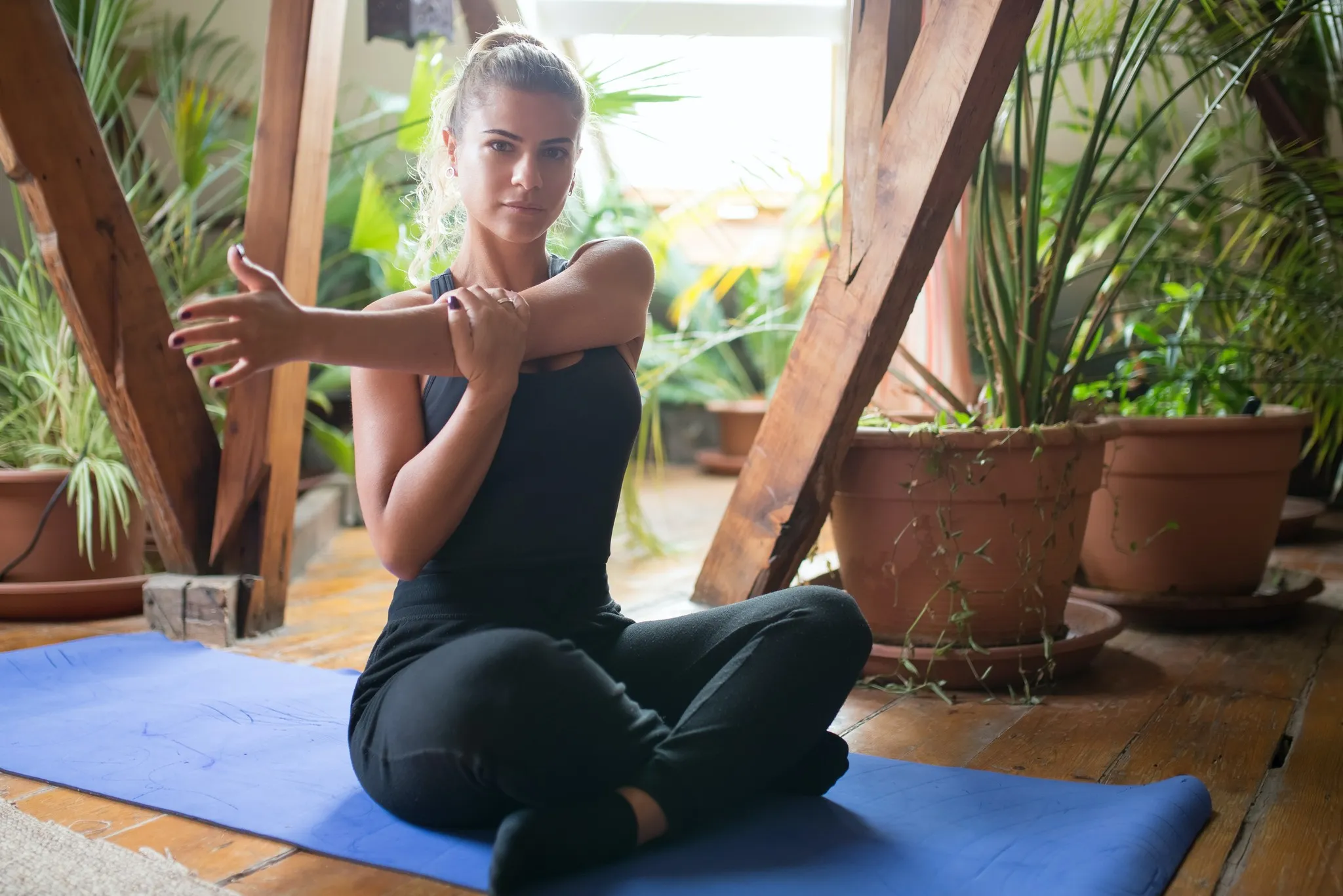
When the fall months of October and November transition to winter, do you start feeling a bit down? Do you often struggle to feel positive and motivated in December and January, or a sense of gloom that sticks with you all winter long?
Seasonal Affective Disorder (SAD) is a common condition that impacts up to 3 percent of the general population, and it can occur for some people every winter. It’s a certain type of depression that is typically felt during the dark and colder months of winter. Even though this condition can be a chronic occurrence for some, there are ways to alleviate these wintertime blues.
Seasonal Affective Disorder is a feeling of gloominess or depression that occurs during a specific season every year — most commonly winter. SAD can make you feel tired, unmotivated, hopeless, have difficulty concentrating, and it can cause you to overeat and oversleep.
Physically, SAD can deplete your energy levels, cause weight gain, and disrupt healthy sleeping habits. For some it can bring on suicidal thoughts and a feeling of worthlessness. For these reasons SAD shouldn’t be underestimated or brushed off. If you or someone you know is experiencing Seasonal Affective Disorder, it’s important to seek help and find ways to counteract the symptoms. Yoga is just one of many effective tools you can use to alleviate this condition.
Yoga can help improve your state of mind and elevate your mood through physical postures, mindfulness meditation, and breathing techniques. Yoga asanas can help you feel balanced and energized by circulating blood throughout your body and building endurance. Performing yoga postures can also help reset your circadian rhythms and regulate your nervous system.
Mindfulness meditations also help alleviate symptoms of SAD by creating new pathways in your brain and stimulating your pineal gland. Learning and training your mind to focus on the present moment can give you the insight and strength to counteract thoughts and feelings caused by Seasonal Affective Disorder, along with a sense of gratitude and positive outlook.
Pranayama, or yogic breath work, is another powerful tool in combating symptoms of SAD. Yogic breathing not only calms your mind and helps relax your body, but it can also increase levels of serotonin and lift your energy level.
What’s the best yoga to practice for Seasonal Affective Disorder? Depending on your symptoms, there are several different types of yoga you can try — and the good news is, yoga is unlikely to make your symptoms worse – so there’s nothing to lose by giving it a try. Restorative yoga coupled with pranayama is a gentle way to get started, with long, calming stretches and breath work designed to soothe and regulate your nervous system.
To get your blood flowing and counteract SAD weight gain, try some basic Hatha yoga poses. For example, a few rounds of Sun Salutations can do wonders for your mood and energy level, while symbolically honoring the light during the darker winter months. You can also recharge your body and get your blood pumping with a Vinyasa or Flow yoga class, if you’re looking to incorporate some movement and heat in your body.
If you’re dealing with symptoms of Seasonal Affective Disorder and you’re not sure where to start, a few yoga poses a day can effectively lift your mood and your spirit. Here are a few postures you can do at home to help keep the winter blues at bay:
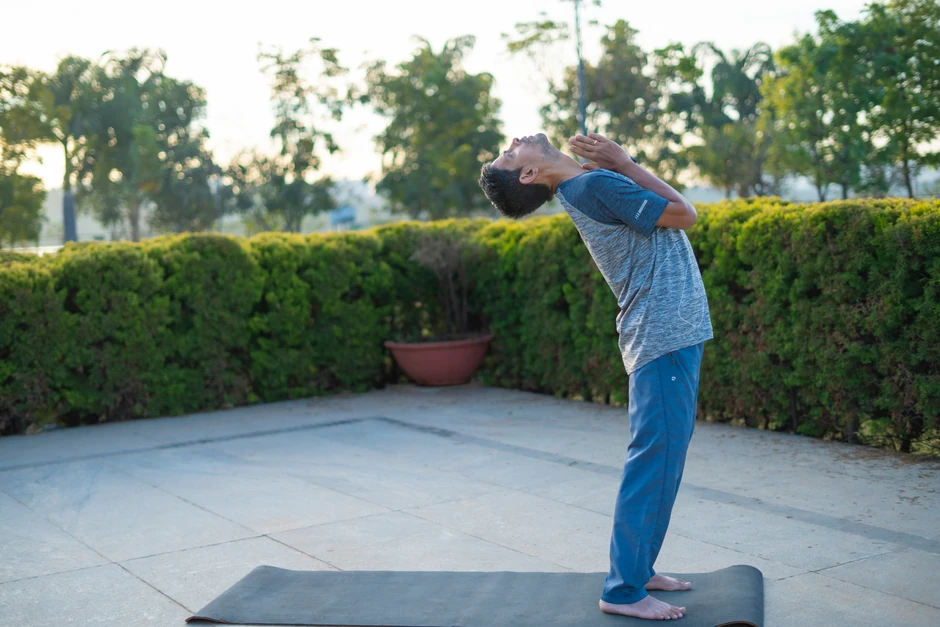
Start by standing straight at the top of your mat in Mountain pose with your hands in prayer position. Close your eyes, take a few moments to center yourself, and focus on your breath. Inhale deeply and sweep your arms up above your head, and then bend forward as you exhale into Standing Forward Fold. Inhale and lengthen your spine as you lift up your gaze in Extended Front Fold.
As you exhale again, step your left foot back into a lunge position. On your next inhale, plant your palms on the mat and step your right foot back to join your left as you move into Plank pose. Exhale and lower into Chaturanga Dandasana, followed by Downward Facing Dog as you inhale. Step your left foot forward into a lunge position, and then bring your right foot forward to meet your left as you move back into Extended Front Fold. Exhale as you bend forward into Standing Forward Fold. On your next inhale, soften your knees, and bring yourself back to standing in Mountain pose. Repeat this entire sequence three times.
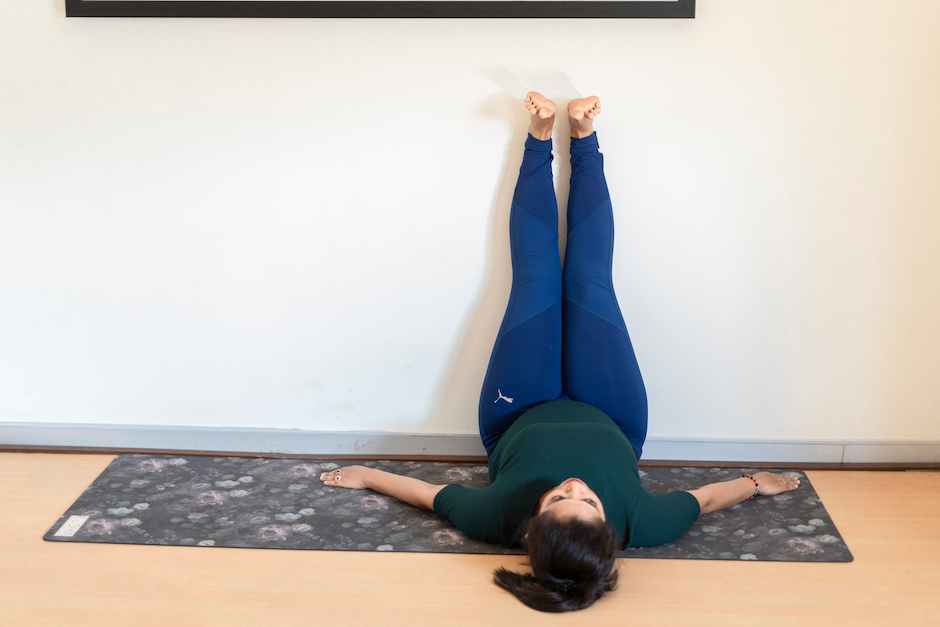
Place a folded blanket parallel against a wall. Sit sideways in the middle of the blanket, and turn yourself toward the wall, lifting your legs up and propping them against the wall. Lay back comfortably, rest your head and neck on the floor, and fully straighten your legs. Spread your arms out to your sides with your palms facing up. Allow your chest, abdomen, and pelvis to completely relax. Breathe evenly and mindfully while holding this pose for 5-8 minutes.
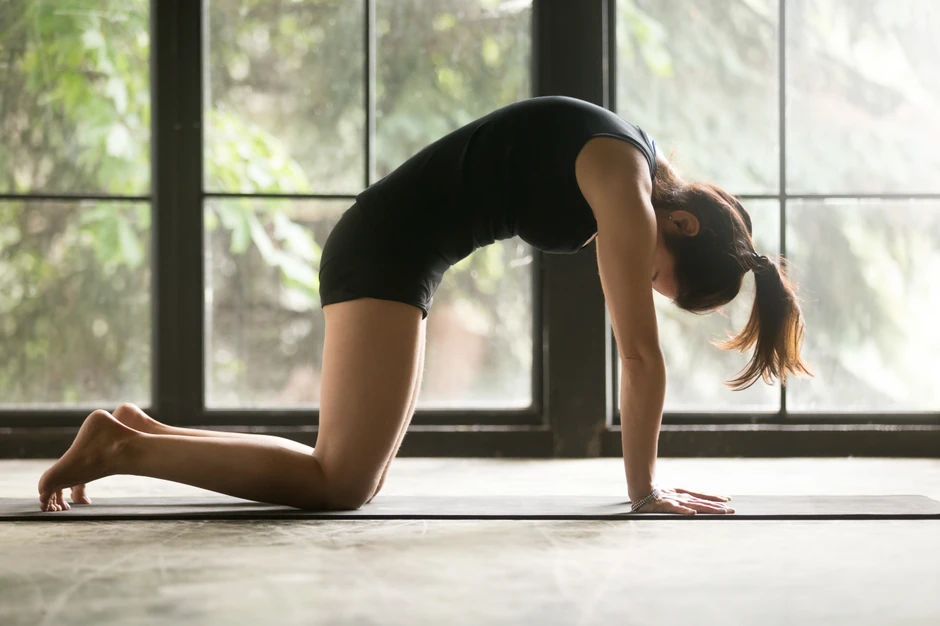
Start with your hands and knees on the floor. Inhale and look up, lifting your chin and gently arching your back. As you exhale, drop your chin and look down toward your naval as you curl your spine forward. Continue this movement 5-10 times.
You can use yogic breathing techniques to counteract symptoms of Seasonal Affective Disorder anywhere you feel most comfortable. You can use these techniques to realign your mind and spirit anytime you feel troubling, anxious, or negative thought patterns. Here are a couple of basic yogic breathing techniques you can try:
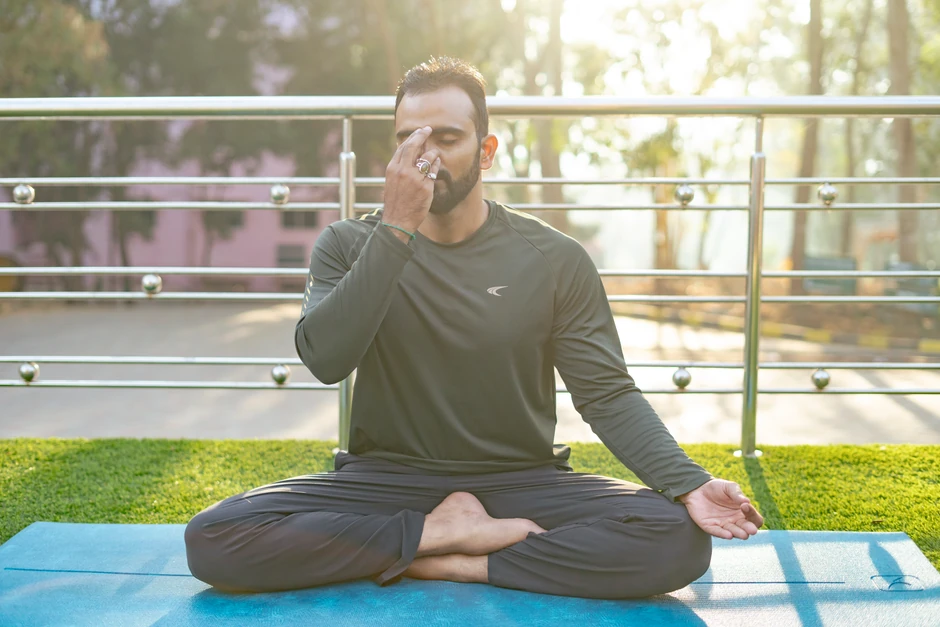
Start by sitting in a comfortable position on the floor or in a chair. Breathe in through your nose and exhale completely. For your next inhale, gently place your right index finger on your right nostril, while breathing in through your left nostril. Alternate each side by placing your thumb over your left nostril and exhaling through your right. Continue to repeat this alternating motion 10-20 times, or until you feel calm and at-ease.
This is an easy yogic breath you can try whenever you feel stressed or uncomfortable. Inhale through your mouth, and as you breathe out, close your mouth and tuck your chin to create a narrow passageway in your throat, so that you create a small audible “ocean” sound with your breath as you inhale and exhale exclusively through your nose. Repeat at least 5 to 10 times.
It’s important to try a few different techniques for lifting seasonal gloom, since yoga alone may not completely cure seasonal depression. First and foremost, reach out to a trusted professional, like a doctor or behavioral therapist. They can help you talk through your emotions and offer support.
Light boxes can also be enormously helpful in reducing symptoms of SAD, providing UV light on demand during the winter months. Try turning on your light box every morning for at least a half hour to help reset your circadian rhythm and give your serotonin levels a boost. You can also try performing pranayama techniques in conjunction with your light box for even better results.
Here at MyYogaTeacher we offer yoga classes that can help with Seasonal Affective Disorder. You can try a Restorative class for deep relaxation, or join us for a Golden Light Meditation. We also offer a Suprabhatam morning yoga class to energize your day.
To help fight off that winter gloom, sign up for one or more of the following classes:
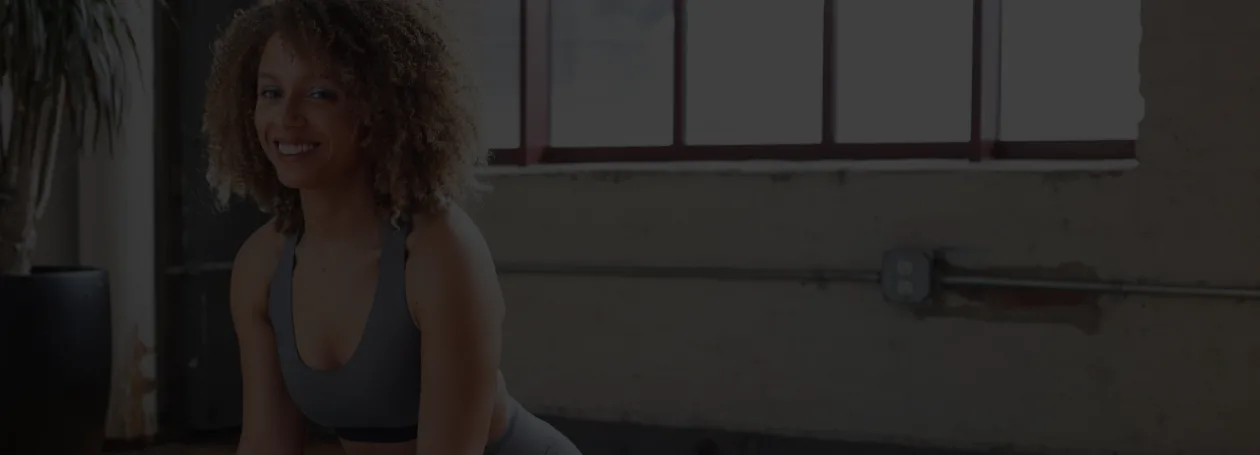
Receive personalized guidance tailored to your unique fitness goals, live with a dedicated coach—no credit card required.